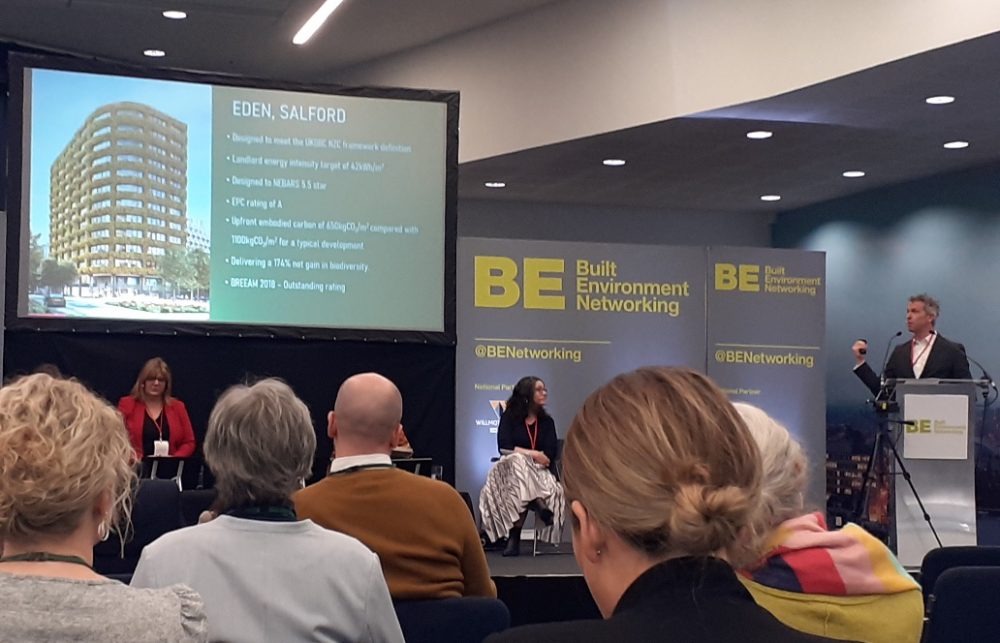Northern Powerhouse Development Conference
Stephen Peters, Associate Director in our Manchester office, attended Built Environment Networking’s Northern Powerhouse Development Conference yesterday. He has provided us some insights and an overview of the event:
In June 2014, George Osborne, then Chancellor of the Exchequer, called for the creation of the Northern Powerhouse. This is a vision for boosting the economies of the Norths towns, cities, and counties through the devolution of power and budgets directly to locally elected mayors to ensure decisions affecting the North are made in the North. Core cities within the Powerhouse are Manchester, Liverpool, Leeds, Hull, Sheffield, and Newcastle.
The conference was presented by senior public and private development sector figures involved in the regeneration of northern cities and towns, with responsibility for delivery of improved infrastructure, major local regeneration projects, provision of social and private housing and the development of the education sector. Overarching the presentations and discussions was the effects of the pandemic on plans prepared pre-March 2020 and the need to deliver cost effective carbon neutral solutions. The recently published Levelling Up White Paper which looks at the extension of devolution throughout England was widely referred to.
Presentations initially focused on the achievements of the Northern Powerhouse investments to date, where investment had fallen short and particular challenges regarding areas where traditional industry, such as mining and steel, had all but disappeared.
Discussions regarding the housing shortage did not really shed any new light on the lack of affordable homes or opportunities for first time buyers. The changing post COVID-19 requirements of the University sector was interesting. Representatives from Leeds, Newcastle and Sheffield Hallam Universities all citing the need for less lecture space and less facilities for staff, as online learning continues to advance. They anticipate having an opportunity to develop that surplus space into research facilities which combine with local business requirements centred around innovation and technology.
New chartership!





